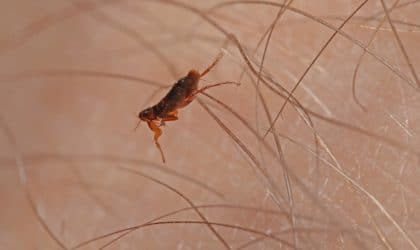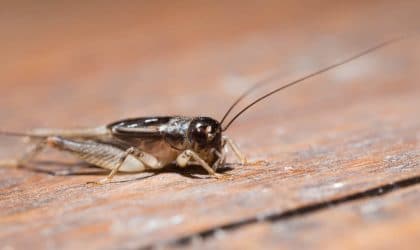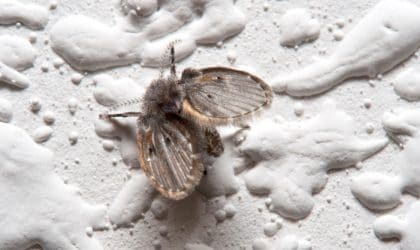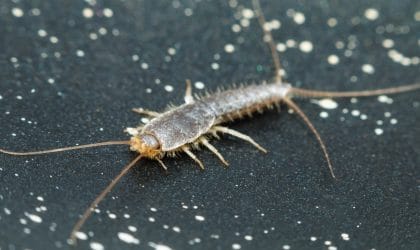Are Spiders Attracted to Light? Why Spiders Go Near a Light Source
Curious why it always seems that spiders pick a place to hang out where there's lots of light? There are actually a few reasons why this happens. In this article, we discuss why this is, and what you can expect.
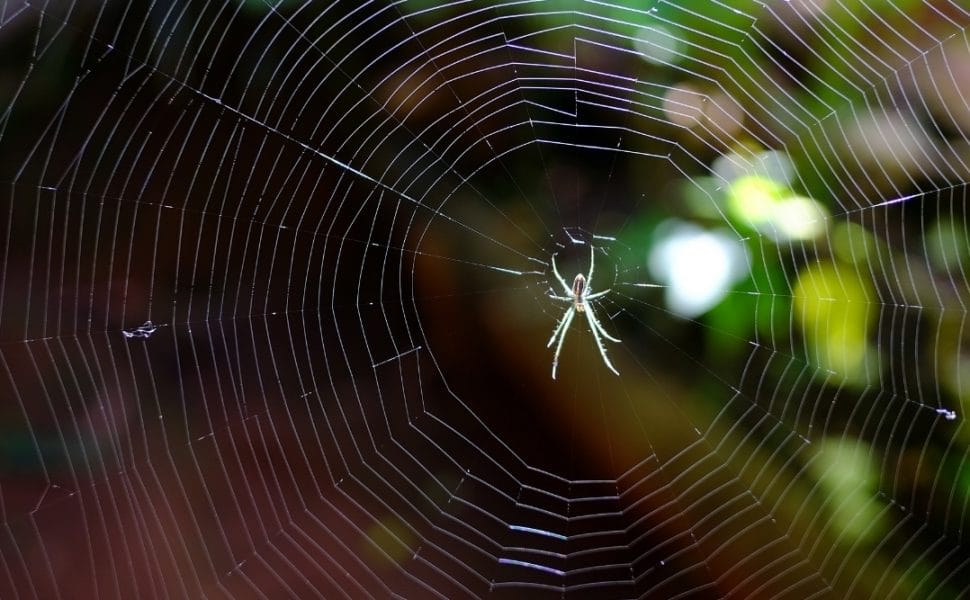
Have you ever noticed spiders camping near a lightbulb? If it likes to live in the dark so much, what’s it doing near a very bright light source? Are spiders attracted to light? Why do they venture out into the open and explore light bulbs, street lights and garden lights?
There’s not a lot that we know about spiders. However, we do have answers to those questions above. There are two known reasons why spiders go near the light. And these reasons are purely practical, all for the spider to increase its chances of surviving.
Spiders are very opportunistic creatures. So it’s no surprise they will put themselves in the best position to feed themselves and their young. Let’s find out what it is about light that’s so irresistible to arachnids around the world.
They’re in it For the Food
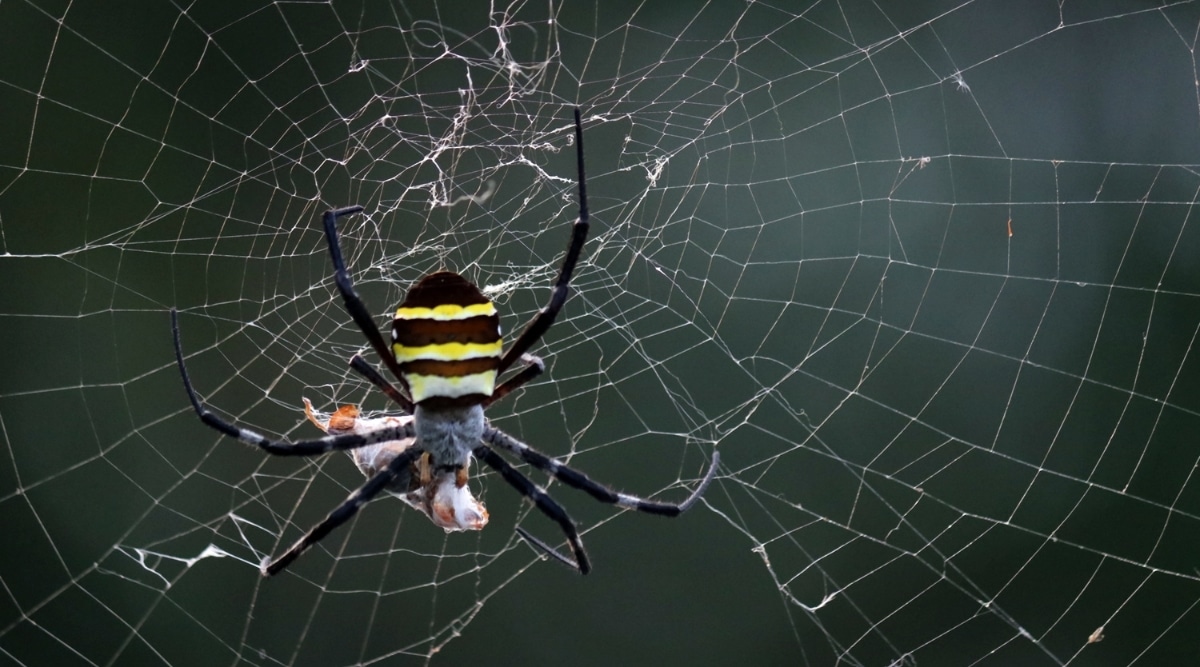
Spiders are not the only ones that approach light. Hornets, mosquitoes and many other flying insects seem to be mesmerized by it too. Although we see this phenomenon every day, there’s a lot of debate about it. And plenty of reasons try to explain what happens. The best one is this:
Flying insects approach a light source not because they’re “attracted” to it. What actually happens is that the light confuses them and disorients their natural sense of direction.
According to IFL Science, these insects have evolved to use the moon and the stars to navigate their way through the night. Since these celestial objects are located millions of miles away, they don’t move from a tiny insect’s point of view. The insects follow them by maintaining a particular angle, one that’s relative to the moon or star they’re using. They use this to fly along until they reach their destination or stop to rest or eat.
This navigation method is ruined when unnatural sources of light pop up in the insects’ field of vision. The angle they’ve been trying to keep changes as they switch to a brighter electronic light and fly towards it. And when they reach that light source, the insects become completely confused and disoriented by the light’s unnaturally close proximity. This forces them to hover over it, trying to make sense of where to go.
Majority of the insects that fly at night are affected by this phenomenon. That’s why some of them land on your phone screen when you use it a night. And since spiders are opportunistic hunters, they take advantage of this mix-up and feed on as much of the confused insects as they can.
It’s a Strategic Location
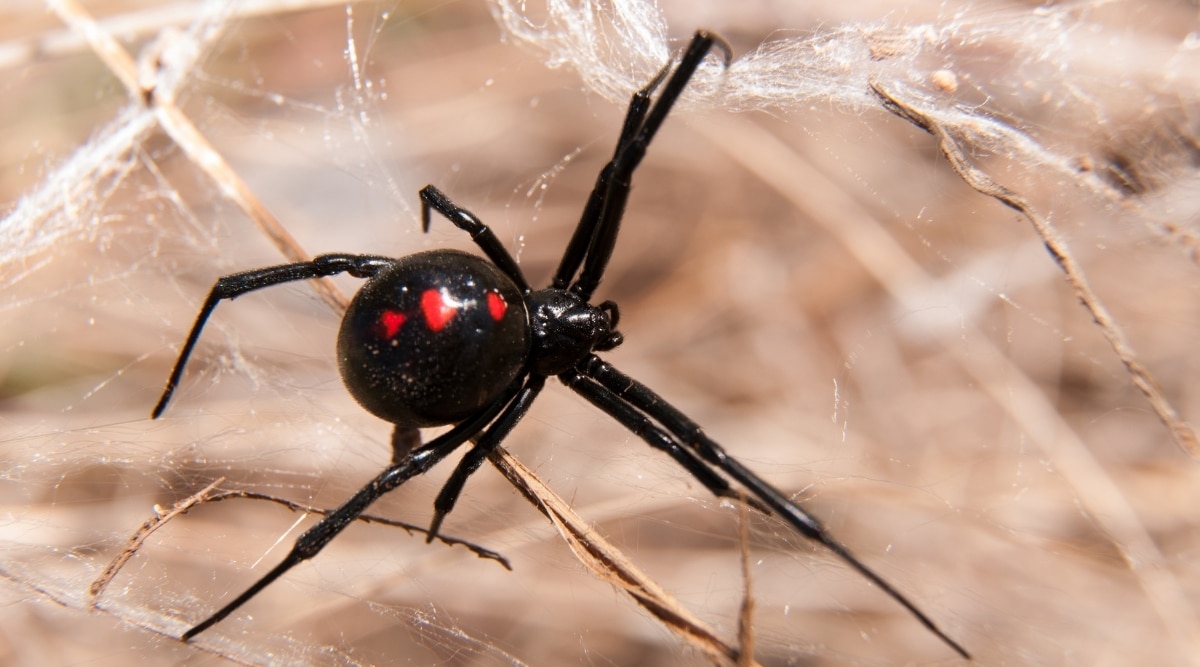
A lot of spiders live in the dark. They prefer their solitude and hunt in peace. However, as we’ve mentioned above, these same creatures are also opportunistic. A buffet of insects one place would result into a lot of fast and easy kills. So a bright place is the most ideal location for a lot spider species to weave their webs and to set up traps for their food.
This uncanny behavior was actually studied in 1999 by Astrid M. Heiling. She observed where nocturnal Larinioides sclopetarius or Orb-Web Spiders hung their web traps. The arachnids lived near the water, and they would craft their webs on the bridges that cross the water. However, Heiling found out that more spiders would build their traps on the bridge that was near the lights because more insects were in the area.
So, again, are spiders attracted to light? Well, if you’ve learned anything from this post, it’s that spiders can naturally adapt to their surroundings and make the most of it. And if we want to keep spiders away from our houses, we have to take extra measures and take removal methods seriously.
Share this post
Save time and money on pest control
Subscribe to expert DIY pest control tips, pest control product reviews and information.

